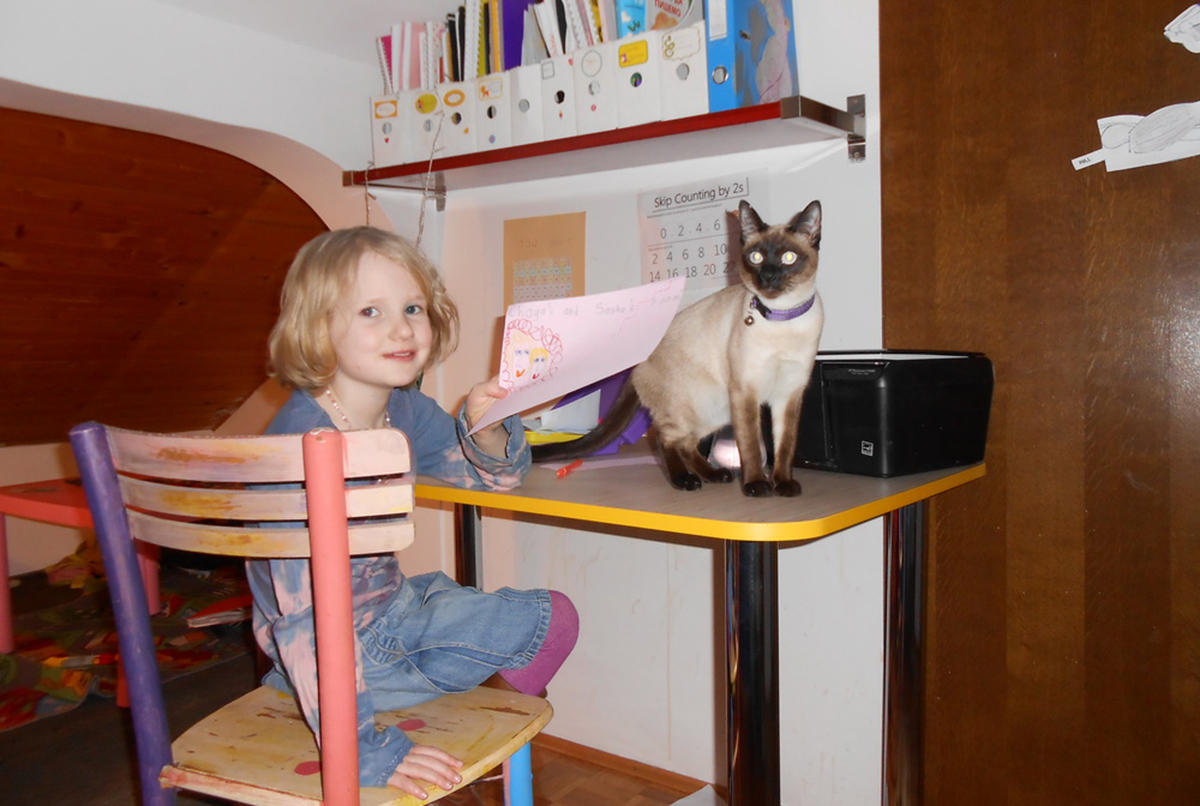Table of Contents
Among the most common questions homeschooling families receive is the dreaded: "But what about socialization?". Dreaded? Yes, because this question pops up so often that it becomes pretty tiring. Amy Sharony shares: "I will say that when people ask me about homeschoolers and socialization, I always want to do an Inigo Montoya and say 'I do not think that word means what you think it means'. Unless homeschool parents are somehow locking their children in the basement and away from any human interaction whatsoever, their kids are going to be socialized. When people ask about socialization, they seem to really want to know whether homeschooled kids have social lives, which is not the same thing."

Oh? It isn't the same thing? Right — socialization can be defined as "the means by which social and cultural continuity are attained". That means children are learning all about society and its rules and figure out where they fit into the whole game. Society is certainly nothing like a traditional classroom, in which thirty odd same-aged peers spend much of the day together. In order to be properly socialized, exposure to people of different ages and backgrounds is required. There is no doubt that this need can be met in a homeschool setting. Unless, as Amy says, parents do lock their kids in the basement.
Now, what about socializing? Can a homeschooled child's social life ever be as exciting as that of a public schooled peer? Amy homeschools her children, who are 12 and six years old. She says: "I think we have to ask how much of that school time kids actually get to spend socializing. When my daughter was in school, they weren't allowed to chat with each other at lunch, much less during class time."
Schools don't offer nearly the same amount of social interaction as they did when we were children, in other words. That is a shame. Amy adds: "I would argue that homeschoolers have better opportunities to flex their social muscle than kids in school: In my experience, homeschoolers typically have more free time to socialize and more exposure to people of different ages and backgrounds."
See Also: How To Make The Most Of The School Holidays
This matches my own experience. Because I am able to offer my children one-on-one instruction, we can get our schoolwork done more quickly than public schools can. My kids don't have to wait for their turn, queue up for lunch, or fight for their teacher's attention. There is no "empty time"; we can focus on academic and creative activities for the duration of our school day. That means my third grader is done after about three hours, while my first grader only spends around an hour and a half on schoolwork. After they're done for the day, my children have lots of time to attend other activities and just enjoy playing with their friends — once those friends are done with their school day, of course.
- Photo courtesy of Carissa Rogers by Flickr : www.flickr.com/photos/goodncrazy/5376076281
- Photo by steadyhealth.com
- Photo courtesy of Maxime Mc Duff by Flickr : www.flickr.com/photos/maximemcduff/799032840

